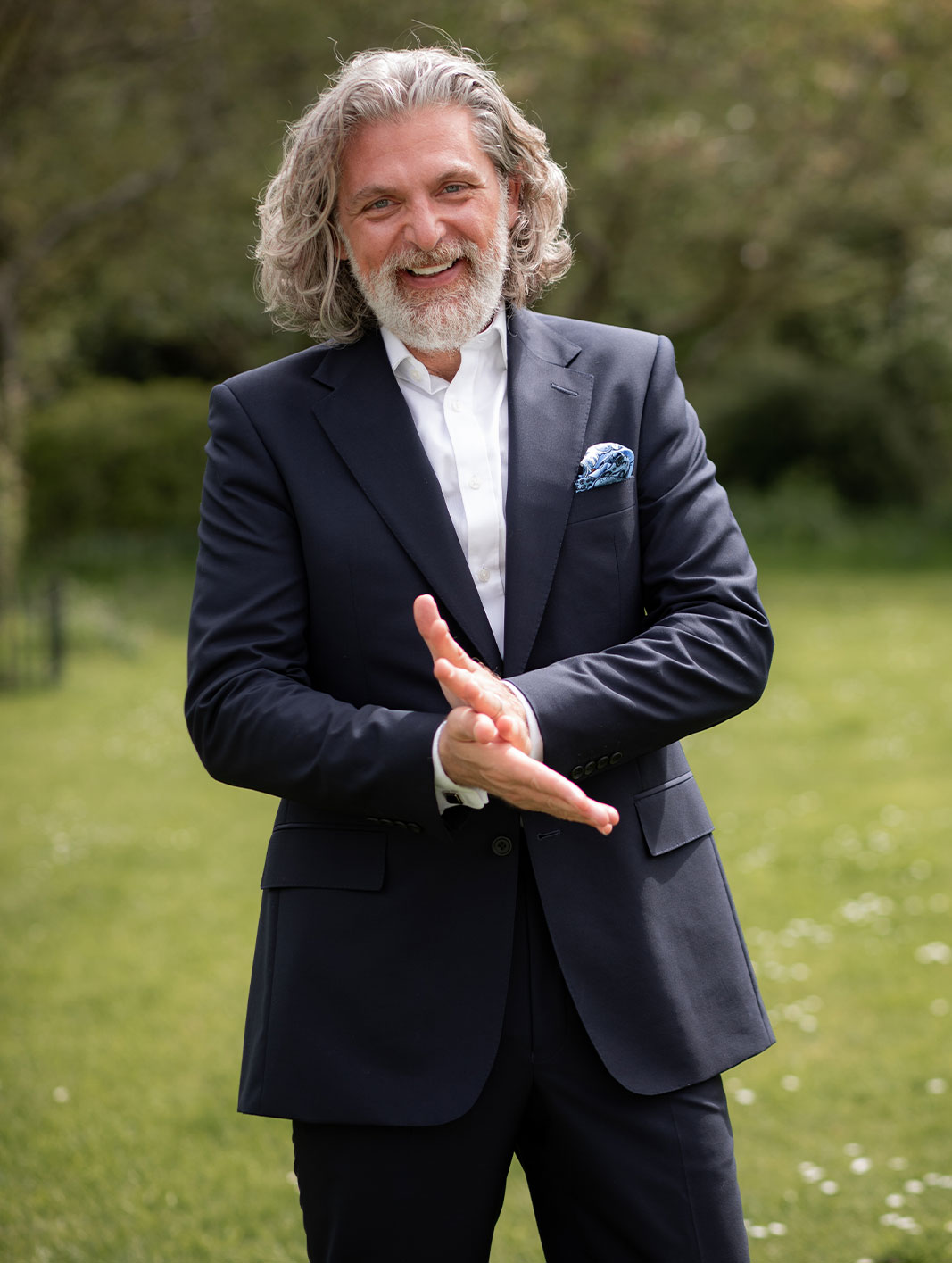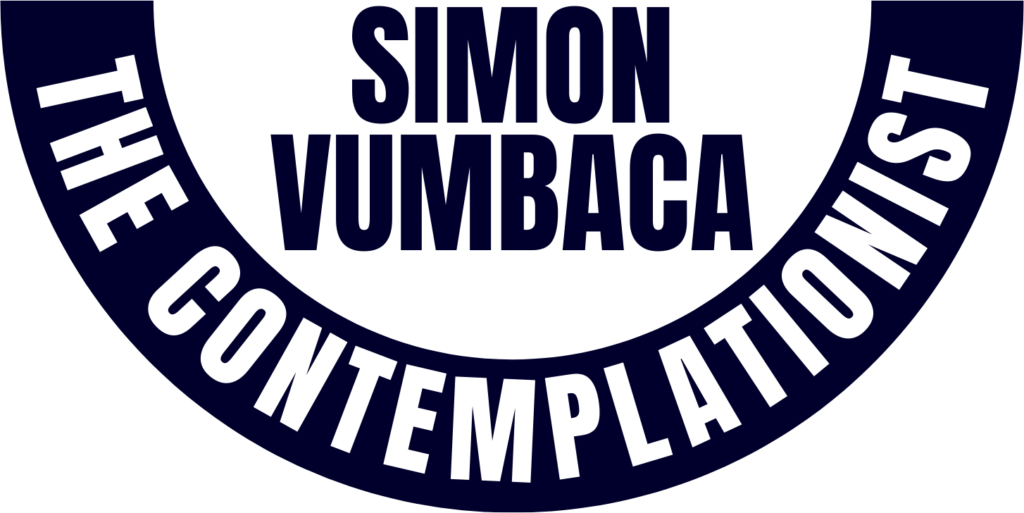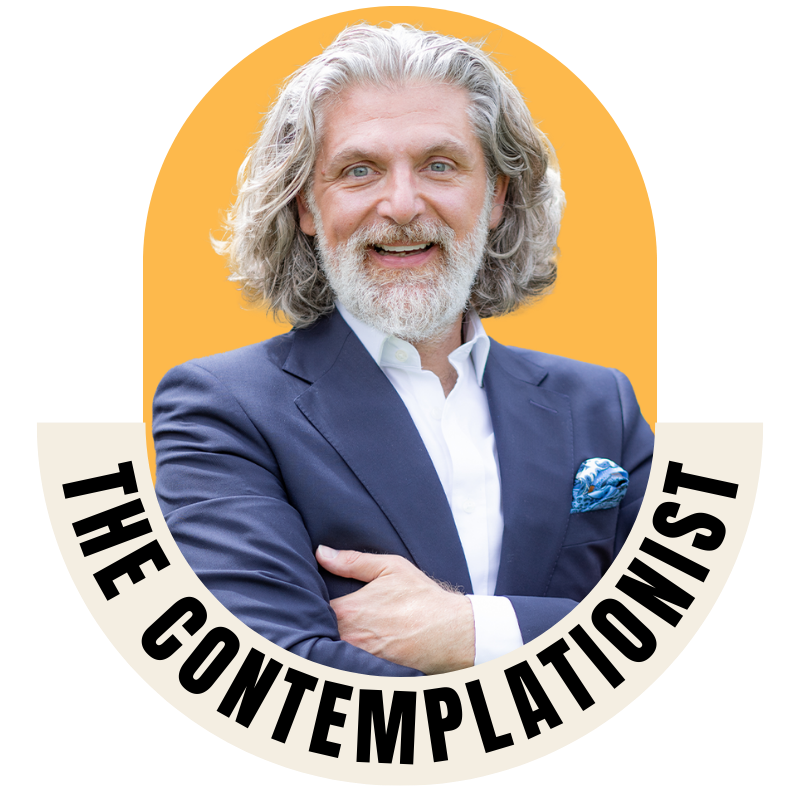Is the Philosophy-Spirituality Fusions a new phenomenon?
The Contemplationist - Simon Vumbaca

The fusion of philosophy and spirituality creates rich, multidimensional frameworks that address both the rational and experiential aspects of human existence.
The fusion of philosophy and spirituality creates rich, multidimensional frameworks that address both the rational and experiential aspects of human existence. These integrated approaches offer comprehensive pathways for personal growth, ethical living, and a deeper understanding of the universe. Whether through ancient traditions like Stoicism and Taoism or modern movements like Integral Philosophy and Contemplationism, the blending of philosophical inquiry with spiritual practice continues to inspire individuals and organizations seeking a balanced and meaningful life.
By exploring these diverse philosophy-spirituality fusions, individuals can find approaches that resonate with their personal beliefs and aspirations, fostering a harmonious integration of mind and spirit.
Some notable examples of Philosophy-Spirituality Fusions integrated approaches, are:
Stoicism is an ancient Greek philosophy founded by Zeno of Citium around the 3rd century BCE. While primarily a philosophical system, Stoicism incorporates spiritual elements that emphasize personal ethics informed by a rational understanding of the universe.
Philosophical Elements
- Logic and Ethics: Stoicism emphasizes rationality, virtue, and ethical living as central to human happiness.
- Determinism: It teaches that the universe is governed by a rational order (Logos) and that individuals should align their will with this natural order.
Spiritual Elements
- Inner Peace: Stoics cultivate an inner tranquility by accepting what they cannot change and focusing on their own responses.
- Connection to the Universe: There’s a spiritual recognition of being part of a larger, interconnected cosmos.
Key Figures
- Marcus Aurelius: Roman Emperor and Stoic philosopher whose Meditations remain influential.
- Epictetus: Former slave turned Stoic teacher, known for his practical teachings on resilience and virtue.
- Seneca the Younger: Statesman and Stoic philosopher who wrote extensively on ethics and moral philosophy.
Taoism is an ancient Chinese philosophy and spiritual tradition attributed to Laozi, with foundational texts like the Tao Te Ching. It seamlessly blends philosophical inquiry with spiritual practices aimed at harmonizing with the Tao (the Way).
Philosophical Elements
- Naturalness (Ziran): Emphasizes living in accordance with the natural flow of the universe.
- Wu Wei (Non-Action): Advocates for effortless action and minimal interference with the natural order.
Spiritual Elements
- Meditative Practices: Techniques to cultivate inner harmony and spiritual insight.
- Alchemy and Longevity Practices: Spiritual pursuits aimed at achieving longevity and spiritual immortality.
Key Texts
- Tao Te Ching: Laozi’s foundational text outlining the principles of Taoism.
- Zhuangzi: Text attributed to Zhuang Zhou, expanding on Taoist philosophy with parables and anecdotes.
Contemplationism, developed by Simon Vumbaca, is an integrated approach that bridges both philosophical inquiry and spiritual practice. It embodies elements of both domains, leveraging the strengths of each to foster comprehensive personal and professional understanding and development.
Philosophical Elements
- Foundational Principles: Emphasizes critical thinking, ethical reasoning, and the systematic exploration of fundamental questions about existence, purpose, and values, emphasising purpose driven actions and values.
- Ethical Decision-Making: Incorporates ethical theories and principles to guide decision-making processes, ensuring that actions align with core values and societal understanding.
- Critical Thinking and Analysis: Promotes rigorous analysis and logical reasoning, equipping individuals with tools to dissect problems, evaluate perspectives, and construct coherent arguments.
- Strategic Vision and Long-Term Planning: Fosters a deeper understanding of purpose and values, aiding in defining clear mission and vision statements that align with an organization’s foundational principles.
Spiritual Elements
- Observation and Reflection: Incorporates contemplative practices such as meditation, and introspection to enhance self-awareness, emotional intelligence, and inner peace.
- Inner Growth and Self-Awareness: Encourages continuous self-examination and growth, fostering a deeper connection to one’s inner values and motivations.
- Connection and Interconnectedness: Highlights the importance of interconnectedness within oneself and with the broader community, and ultimately the universe, nurturing empathy, compassion, and a sense of responsibility towards others.
- Emotional Resilience: Provides tools to manage stress, navigate uncertainty, and maintain balance, coherence, fostering a harmonious and stable mindset.
Key Concepts
- Purpose driven actions and vision. Balanced Decision-Making: Combines reasoning with mindful awareness to ensure decisions are logically sound and emotionally considerate while in alignment with the overall vision and purpose.
- Enhanced Leadership: Equips leaders with both strategic acumen and emotional intelligence, promoting higher performance, empathy, and vision.
- Sustainable Success: Ensures that strategies are effective and aligned with core values while promoting sustainability and resilience.
- Personal and Professional Growth: Facilitates comprehensive growth by enhancing intellectual capabilities and emotional well-being.
Key Figures
- Simon Vumbaca: Founder of Contemplationism, integrating philosophical rigor with spiritual depth to create a versatile framework for personal and organizational development.
Vedanta is one of the six orthodox schools of Hindu philosophy, focusing on the end (anta) of the Vedas. It integrates deep philosophical inquiry with spiritual practices aimed at realizing the ultimate reality (Brahman).
Philosophical Elements
- Metaphysics: Explores the nature of reality, the self (Atman), and the universe.
- Epistemology: Investigates the means of knowledge and the nature of consciousness.
Spiritual Elements
- Self-Realization: Practices such as meditation and yoga to realize the unity of Atman and Brahman.
- Bhakti (Devotion): Emphasizes loving devotion to a personal deity as a path to spiritual liberation.
Key Figures
- Adi Shankaracharya: Proponent of Advaita Vedanta, advocating non-dualism.
- Ramanujacharya: Founder of Vishishtadvaita Vedanta, promoting qualified non-dualism.
- Madhvacharya: Proponent of Dvaita Vedanta, advocating dualism.
Transcendentalism emerged in the early 19th century in America as a philosophical and literary movement. It emphasizes individual intuition, the inherent goodness of people and nature, and the pursuit of spiritual enlightenment beyond empirical evidence.
Philosophical Elements
- Individualism: Stresses the importance of the individual conscience and self-reliance.
- Optimism: Believes in the fundamental goodness of humanity and the potential for personal and societal improvement.
Spiritual Elements
- Nature as Divine: Views nature as a manifestation of the divine and a source of spiritual insight.
- Intuitive Knowledge: Values intuition and inner experiences over rationalism and materialism.
Key Figures
- Ralph Waldo Emerson: Leading transcendentalist thinker advocating self-reliance and individual intuition.
- Henry David Thoreau: Writer and philosopher known for his work Walden, emphasizing simple living and personal spirituality.
Integral Philosophy, developed by philosopher Ken Wilber, seeks to synthesize insights from various disciplines, including science, philosophy, and spirituality, into a comprehensive framework for understanding reality and personal development.
Philosophical Elements
- Holistic Approach: Integrates multiple perspectives and methodologies to address complex questions.
- Developmental Stages: Proposes that individuals and societies evolve through distinct stages of consciousness.
Spiritual Elements
- Inner and Outer Dimensions: Balances inner spiritual experiences with outer, observable phenomena.
- Meditative Practices: Encourages practices that cultivate higher states of consciousness and spiritual awareness.
Key Concepts
- AQAL (All Quadrants, All Levels): Wilber’s model that includes various dimensions of reality, such as individual and collective, interior and exterior.
- Spiral Dynamics: A model of psychological and societal development integrated into Integral Theory.
Hermeticism is a spiritual and philosophical tradition based on writings attributed to Hermes Trismegistus. It blends ancient Egyptian, Greek, and Christian thought, focusing on the pursuit of esoteric knowledge and spiritual transformation.
Philosophical Elements
- As Above, So Below: The principle that the macrocosm (universe) and microcosm (individual) reflect each other.
- Alchemy: Symbolic and literal practices aimed at transforming the self and achieving spiritual enlightenment.
Spiritual Elements
- Mystical Knowledge: Seeks direct, experiential understanding of divine truths.
- Meditative and Ritual Practices: Utilizes various spiritual exercises to attain higher states of consciousness.
Key Texts
- Corpus Hermeticum: Collection of writings encompassing philosophical, spiritual, and magical teachings.
Sufism is the mystical branch of Islam, emphasizing the inward search for God and the cultivation of spiritual virtues. While rooted in Islamic theology, Sufism incorporates philosophical reflections on existence and the nature of the divine.
Philosophical Elements
- Mystical Philosophy: Explores the nature of reality, the self, and the relationship between the individual and the divine.
- Ethical Living: Emphasizes virtues such as humility, love, and compassion as pathways to spiritual fulfillment.
Spiritual Elements
- Dhikr (Remembrance): Practices involving the repetition of divine names to cultivate spiritual presence.
- Sama (Listening): Rituals that include music and poetry to inspire spiritual ecstasy and connection with God.
Key Figures
- Rumi: Renowned Sufi poet and mystic whose works explore the depths of divine love.
- Al-Ghazali: Islamic theologian and Sufi who integrated philosophy with spiritual practice.
Neo-Platonism is a philosophical system developed in the 3rd century CE by Plotinus, building upon the ideas of Plato. It integrates metaphysical and spiritual concepts, emphasizing the ascent of the soul towards the One (the ultimate reality).
Philosophical Elements
- Hierarchical Reality: Proposes a structured cosmos with multiple levels of existence, culminating in the One.
- Intellectual and Mystical Ascent: Advocates for the soul’s journey through intellectual understanding and mystical experience to reunite with the divine.
Spiritual Elements
- Mysticism: Encourages direct, experiential knowledge of the divine through contemplation and meditation.
- Ethical Purification: Emphasizes moral virtues and the purification of the soul as prerequisites for spiritual ascent.
Key Figures
- Plotinus: Founder of Neo-Platonism, whose teachings emphasized the transcendence of the One.
- Porphyry and Iamblichus: Key interpreters and expanders of Plotinus’s ideas, integrating more mystical and religious elements.
While existentialism is primarily a philosophical movement focused on individual existence, freedom, and choice, some strands incorporate spiritual elements that explore the search for meaning and transcendence.
Philosophical Elements
- Individual Freedom: Emphasizes personal responsibility and the freedom to create one’s own meaning.
- Absurdity and Authenticity: Explores the tension between the desire for meaning and the inherent meaninglessness of the universe.
Spiritual Elements
- Search for Meaning: Incorporates the quest for purpose and deeper understanding of existence.
- Transcendence: Some existentialist thinkers explore spiritual transcendence as a response to existential angst.
Key Figures
- Søren Kierkegaard: Often considered a precursor to existentialism, integrating Christian spirituality with individualist philosophy.
- Jean-Paul Sartre: While primarily secular, his exploration of freedom and responsibility touches on existential spiritual themes.
- Martin Heidegger: Explores the nature of Being, blending philosophical inquiry with a profound sense of existential spirituality.
Integral Spirituality, a development within Integral Philosophy, seeks to encompass all dimensions of human experience, integrating body, mind, soul, and spirit. It aims to create a unified framework that honors both scientific understanding and spiritual wisdom.
Philosophical Elements
- Comprehensive Framework: Incorporates insights from various disciplines to address the complexity of human existence.
- Developmental Psychology: Considers the growth and evolution of consciousness through different stages.
Spiritual Elements
- Holistic Practices: Emphasizes practices that nurture all aspects of the self, including meditation, yoga, and contemplative prayer.
- Interconnectedness: Promotes a sense of unity and interconnectedness with all life forms and the cosmos.
Key Figures
- Ken Wilber: Leading proponent of Integral Theory, advocating for the synthesis of science, philosophy, and spirituality.
- Sri Aurobindo: Indian philosopher and spiritual leader whose teachings influenced Integral Spirituality.


